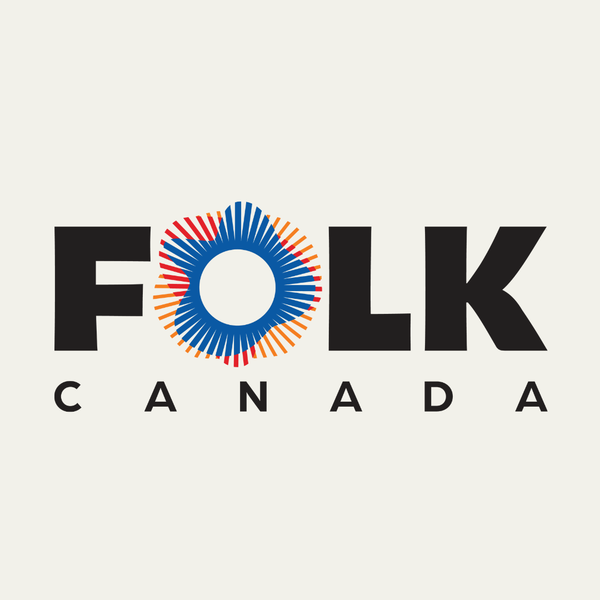StatsCan Data Energizes CLMA Push For Further Gov't Support
The Canadian Live Music Association (CLMA) continues to amplify the needs of its members to government agencies, most recently with

By David Farrell
The Canadian Live Music Association (CLMA) continues to amplify the needs of its members to government agencies, most recently with this letter from CLMA President & CEO Erin Benjamin to federal Ministers Chrystia Freeland and Mary Ng requesting adjustments to the Emergency Business Account (CEBA) and the Regional Relief and Recovery Fund (RRRF).
CEBA provided businesses and not-for-profits with interest-free loans, while the RRRF supported businesses that were ineligible for other federal supports or businesses already receiving covid relief but required additional liquidity support.
The CLMA is asking for an extension of the interest-free repayment period for CEBA and RRF loans by one year, to December 31, 2023, and increasing both CEBA’s and the RRRF’s maximum loan forgiveness amount by up to $10,000 if the balance of the loan is repaid by the end of the 0% interest-free grace period.
“As the pandemic continues to result in restrictions and closures throughout Canada, live music businesses are struggling to survive as revenue losses, increasing debt, and uncertainty where reopening are concerned are putting businesses at risk of financial insolvency and permanent closure,” writes Benjamin. “These factors affect debt repayment and financial solvency capacities, especially for the hardest-hit businesses.”
The plea follows the release of new StatsCan data showing that industry revenues declined by a record $783.8 million from 2018 to $1.8 billion in 2020, falling to their lowest level since comparable data became available in 2014.
From the report again: With losses in operating revenues outpacing those of operating expenses (-$635.4 million), the operating profit margin for the industry fell 2.6 percentage points to 10.4% in 2020.
In the for-profit sector, the decline in operating expenses (-38.5%) led to a 1.6 percentage point drop in the operating profit margin, down to 18.7% in 2020.
The CLMA also sent this submission to the Ontario government last week, with important pre-budget recommendations for the sector.
Tomorrow, February 4, at 1 pm ET, the CLMA will join a panel discussion on the future of live music as part of the online Breakout West conference. Billed as ‘Adapting to the Return of Live,’ Benjamin is joined by Winnipeg Folk Festival AD Chris Frayer, Treefort Music Festival director Eric Gilbert, APA agent Stefanie Purificati, and Blue Crane Agency president Tao-Ming Lau. To register, link here.
For more great conversations on the future of live music, join the Alberta Music Cities Convention on February 10-11, being streamed live from Edmonton and Calgary with speakers participating from 15 countries. General admission for the package of events is $150 with student tickets set at $50.

















